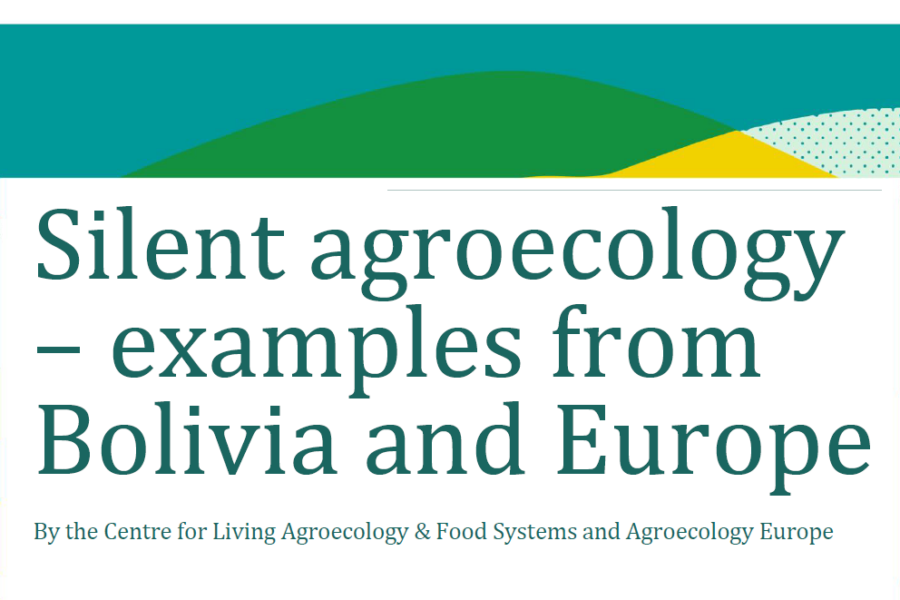The ecological transition is renewing raw material supply practices between agricultural production and agri-food processing (new crops, specifications, contractualisation, etc.). This encourages farmers and agri-food businesses to implement far-reaching organizational and social changes.. To make these changes sustainable, it is important to understand how these ecological transitions affect work in the companies concerned.
The ECTA project aims to identify the obstacles and success factors in the ecological transition applied to sourcing in plant-based industries. It focuses on what happens at the agriculture-food interface, where the balance of power regularly shifts. ECTA is based on two questions: How does an agroecological transition of farms affect the work of downstream companies? How does the ecological transition of these processing companies affect the work of agricultural producers?

Based on an analysis of twenty cases of primary processing agri-food companies in the grain and fruit sectors that have committed themselves in one way or another to greening their practices, ECTA has produced knowledge about the companies’ sourcing practices, the links between company managers and farmers, contractualisation methods and the support systems for farmers offered by the companies. By identifying the challenges and key factors that facilitate the co-construction of upstream-downstream professional practices, we have been able to identify success stories: environmental, economic and social, or with mutual benefits.
The project’s main findings:
- work is not the driving force behind an ecological transition for the companies surveyed. Improving working conditions and greening their practices are two issues most often worked on in silos. There is one exception where greening includes a move towards more shared governance.
- Three forms of transition are being made by agri-food companies:
- A long-standing and ongoing transition in certain Organic agriculture-certified companies or those at the origin of local supply chains.
- A recent radical change driven by the manager – which raises questions about employee support for the approach
- A hybrid transition to industrial development that requires compromises (importing organic materials, creating an ecologized but marginal supply chain within the company…)
- companies cannot make an ecological transition without understanding agricultural work. This is reflected in the creation of interface positions between agronomy and processing and training.
- The desire to relocalize supply and secure supply chains (particularly regarding climate change) is leading companies to create close links with producers and build loyalty. ‘I look for producers more than customers,’ one manager tells us.
- Companies’ demands for greener agricultural production are changing the way they relate to their suppliers.


